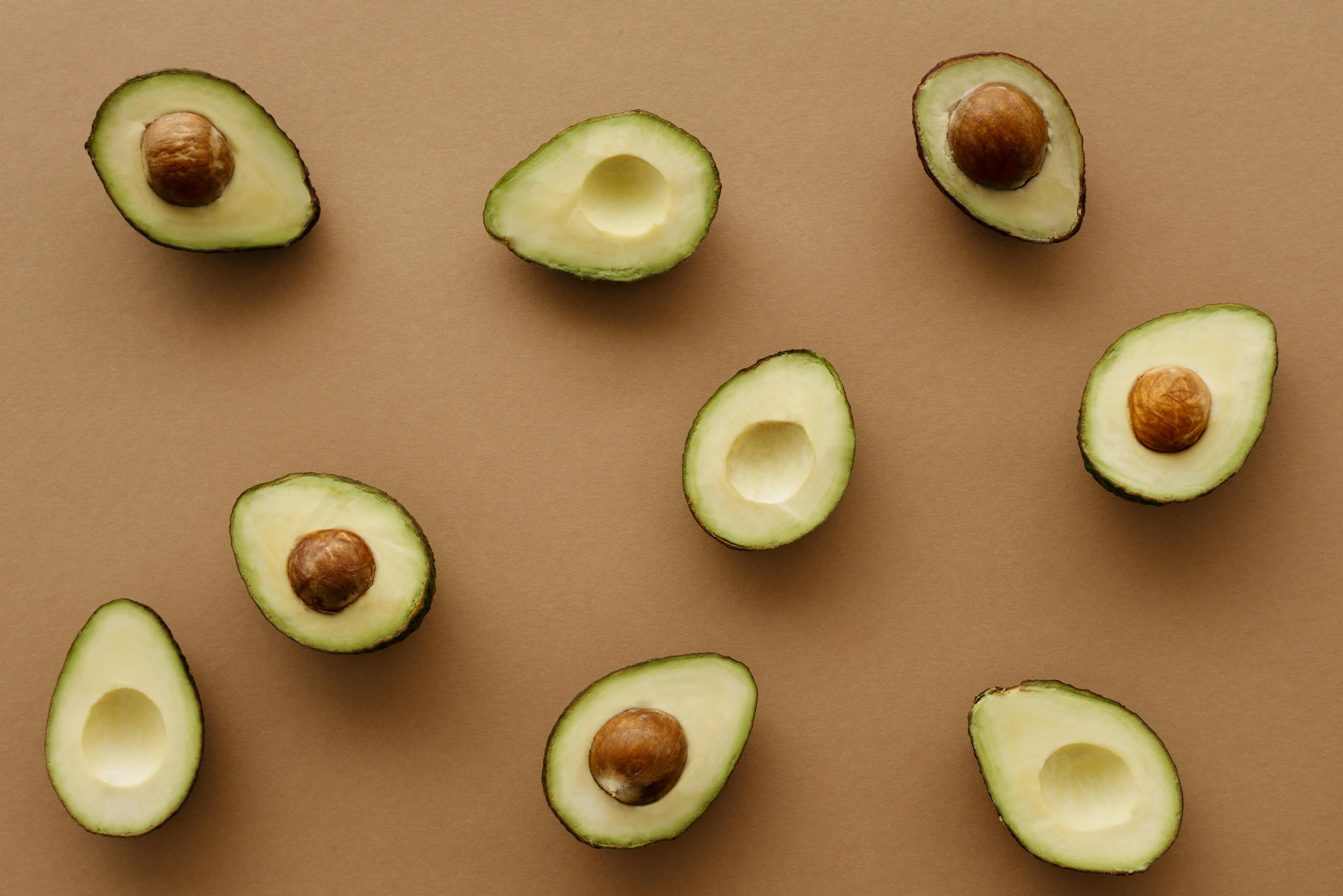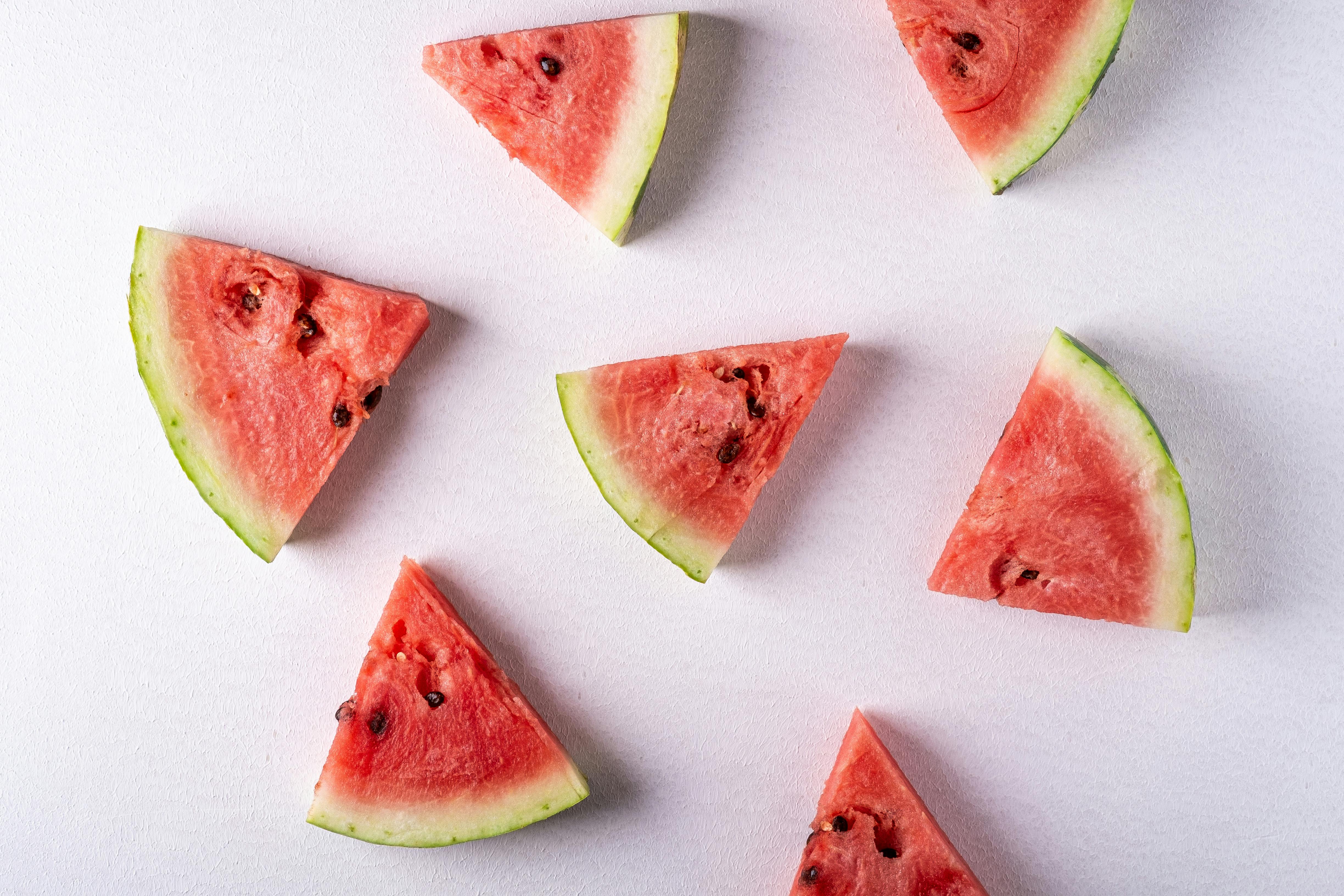Passion fruit is a popular and exotic tropical fruit that is known for its sweet and tart flavor. It is widely enjoyed as a snack, in juices and smoothies, and in desserts. But did you know that the seeds of passion fruit can also be eaten? In this article, we will discuss the nutritional benefits of eating passion fruit seeds as well as how to prepare them.Yes, the seeds of passion fruit can be eaten. They have a crunchy texture and nutty flavor that makes them a tasty snack. They are also high in dietary fiber and can be added to salads or other dishes for extra nutrition.
Health Benefits of Eating Passion Fruit Seeds
Passion fruit seeds are packed with a range of essential vitamins and minerals that can help to support a healthy lifestyle. They are also high in dietary fiber, which is an important nutrient for human health. The seeds contain antioxidants that help to fight free radicals, which can damage cells and lead to diseases such as cancer. They are also rich in essential fatty acids, which are important for maintaining healthy blood vessels and organs. Additionally, passion fruit seeds can help regulate blood sugar levels and improve digestion.
Eating passion fruit seeds can also be beneficial for the skin. They contain vitamin A, which helps to promote skin cell regeneration and slows down the aging process. They also contain vitamin C, which helps to protect against sun damage and reduce wrinkles. Additionally, they are rich in antioxidants that can help protect against environmental pollutants.
Passion fruit seeds are also great for heart health. They contain omega-3 fatty acids, which can help reduce inflammation and lower cholesterol levels. Additionally, they are high in potassium, which helps to regulate blood pressure levels. Furthermore, they contain magnesium, which helps prevent the formation of artery-clogging plaque.
Finally, passion fruit seeds have been found to have anti-inflammatory properties that may be beneficial for those suffering from joint pain or arthritis. They are also believed to provide relief from indigestion and nausea due to their high fiber content. Overall, eating passion fruit seeds can provide numerous health benefits that can help you stay healthy and happy!
Potential Risks of Eating Passion Fruit Seeds
Passion fruit and its seeds have been used for centuries in herbal remedies, and are commonly found in many tropical cuisines. However, there are potential risks associated with consuming passion fruit seeds, and it is important to understand them before including them in your diet. Eating passion fruit seeds can cause digestive distress, including bloating, nausea, diarrhea or constipation. These symptoms are usually mild but can be more severe if the person is allergic to the seed. People with kidney or liver problems should also avoid eating passion fruit seeds as they may cause further damage to these organs. Passion fruit seeds also contain oxalates, which can affect calcium absorption in the body and increase the risk of kidney stones. Therefore, it is important to consult a medical professional before incorporating passion fruit seeds into your diet.
Nutritional Information on Passion Fruit Seeds
Passion fruit seeds are a rich source of nutrients and offer many health benefits. They are packed with antioxidants, minerals, vitamins, and dietary fiber. The seeds are a good source of essential fatty acids, minerals such as calcium, iron, phosphorus, magnesium and zinc. The fatty acids in passion fruit seeds help to reduce cholesterol levels and improve cardiovascular health.
Passion fruit seeds contain several beneficial compounds including carotenoids, flavonoids, and phenolic compounds. These compounds have antioxidant properties that help protect cells from damage caused by free radicals. Additionally, these compounds can help reduce inflammation in the body and support the immune system.
Passion fruit seeds are a great source of dietary fiber which helps to keep the digestive system functioning properly. Fiber can also help lower blood sugar levels and reduce the risk of developing type 2 diabetes. Additionally, fiber can help to keep you feeling full for longer periods of time which can aid in weight loss efforts.
In addition to being a rich source of nutrients, passion fruit seeds are also low in calories making them an ideal snack for those trying to maintain or lose weight. They contain no cholesterol or saturated fats and have a very low glycemic index score making them suitable for those who suffer from diabetes or high blood pressure.
Overall passion fruit seeds provide numerous health benefits due to their nutrient-dense content including essential fatty acids, minerals such as calcium, iron and zinc; antioxidants; dietary fiber; carotenoids; flavonoids; phenolic compounds; and low calorie content.
Different Ways To Eat Passion Fruit Seeds
Passion fruit seeds are a delicious and nutritious addition to your diet. They are packed with essential vitamins and minerals, and they have a unique sweet-tart flavor that pairs well with many different dishes. Here are some of the best ways to enjoy passion fruit seeds:
1. Raw – Passion fruit seeds can be eaten raw, either straight from the pod or sprinkled over salads, yogurt, or other dishes. They have a crunchy texture and a subtly sweet-tart flavor that adds an extra layer of flavor to any dish.
2. Roasted – Roasting passion fruit seeds brings out their natural sweetness and enhances their crunchy texture. Simply spread them in a single layer on a baking sheet and roast in the oven at 350 degrees Fahrenheit for about 10 minutes until lightly browned. Serve them as an appetizer or sprinkle them over salads for added crunch.
3. Pureed – Pureeing passion fruit seeds creates a thick paste that can be used as a spread on toast or crackers or as a dip for vegetables or chips. Simply blend the raw seeds in a blender until smooth, then adjust seasonings to taste.
4. In Smoothies – For an extra boost of nutrition, blend raw passion fruit seeds into your favorite smoothie recipes instead of using more common ingredients such as banana or avocado. The mild sweetness of the seeds pairs nicely with berries and other fruits for delicious smoothies.
5. Juice – Extracting the juice from passion fruit seeds is an easy way to get all the nutritional benefits without having to eat them directly from the pod or process them in any other way. Simply blend the raw seeds in a blender until smooth then strain through cheesecloth for fresh juice.
No matter how you choose to enjoy them, passion fruit seeds are sure to add some exciting flavor and nutrition to your meals!

Is Eating Passion Fruit Seeds Safe for Children?
Passion fruit is a nutritious and delicious tropical fruit that is full of vitamins, minerals, and antioxidants. The seeds are also edible and can be eaten raw or cooked. While eating passion fruit seeds may have health benefits for adults, it is important to know if they are safe for children.
Most experts agree that passion fruit seeds are generally safe for children to eat in moderation. They can be a great source of protein, fiber, vitamins A and C, and other nutrients. However, due to their hard texture, passion fruit seeds may pose a choking hazard for young children. Therefore, it is important to make sure the seeds are well-cooked and mashed before giving them to your child.
In addition, some people may be allergic to passion fruit seeds or their oils. If your child has a history of food allergies or sensitivities, it is best to consult with their pediatrician before introducing them into their diet.
Overall, passion fruit seeds can be a nutritious addition to your child’s diet when eaten in moderation. To ensure safety and minimize the risk of choking or allergies, make sure the seeds are well-cooked before feeding them to your child.
Using Passion Fruit Seeds
Passion fruit seeds are a delicious addition to many dishes, offering a unique flavor and texture. They can be used in a variety of recipes, from salads to desserts. Here are some tips for cooking with passion fruit seeds:
Grinding
The easiest way to use passion fruit seeds is to grind them into a powder. This can be done by using a mortar and pestle or an electric grinder. Grind the seeds until they form a fine powder that is easy to mix into other ingredients. This powder can be used in smoothies, sauces, dressings, and more.
Toasting
Another great way to use passion fruit seeds is to toast them. To do this, simply heat up some oil in a skillet or pan over medium-high heat. Add the passion fruit seeds and cook for several minutes until they start to turn golden brown. The result is an intensely flavorful topping for salads, yogurt, ice cream, and more.
Infusing
If you want to add an extra layer of flavor to your recipes, try infusing them with passion fruit seeds. To do this, simply steep the seeds in hot liquid (such as water or milk) for several minutes before straining out the solids and using the infused liquid in your recipe. This technique works well for custards, creams, sauces, and other dishes.
With these tips in mind, you can easily incorporate the unique flavors of passion fruit seeds into your cooking!
Storing Passion Fruit Seeds
Storing passion fruit seeds is an important part of preserving their freshness and flavor. If done correctly, the seeds can be stored for a long time without losing any of their nutritional value or taste. Here are some tips on how to store passion fruit seeds to ensure they stay fresh and flavorful.
The first step in storing passion fruit seeds is to remove any unripe or overripe fruits from the vine. These fruits will not produce viable seeds, so they should be discarded. Next, carefully separate the ripe fruit from the vine and gently remove the pulp from each seed. Once the pulp is removed, rinse the seeds in cold water and use a paper towel to pat them dry.
Once dry, it’s important to store the passion fruit seeds in an airtight container. Glass jars are ideal for this purpose, as they help keep out moisture and prevent mold growth. Place a few layers of paper towels at the bottom of the jar before adding in the seeds, then fill up with enough space for air circulation. Finally, close tightly with a lid and store in a cool, dark place such as a pantry or cupboard.
It’s also important to check on your passion fruit seed storage periodically and discard any that show signs of mold or spoilage. This will help ensure that your stored passion fruit seeds remain fresh and safe for consumption when needed. With these simple tips, you can enjoy your passion fruit seed bounty for months to come!

Conclusion
The answer to the question of whether the seeds of passion fruit can be eaten is yes. Passion fruit seeds are edible and contain a number of beneficial nutrients. They may be consumed as-is or used in recipes like salads, smoothies, and baked goods. Passion fruit seed oil is also a popular ingredient in skincare products due to its antioxidant properties.
When consuming passion fruit seeds, it is important to take precautions by eating them in moderation and ensuring they are properly cooked or soaked before consumption. Eating raw or improperly cooked passion fruit seeds can cause digestive issues, so following safety guidelines is essential.
Overall, passion fruit seeds offer potential health benefits and can be eaten as part of a balanced diet. With that said, it’s important to always consult with a healthcare professional before adding any new food to your diet.


